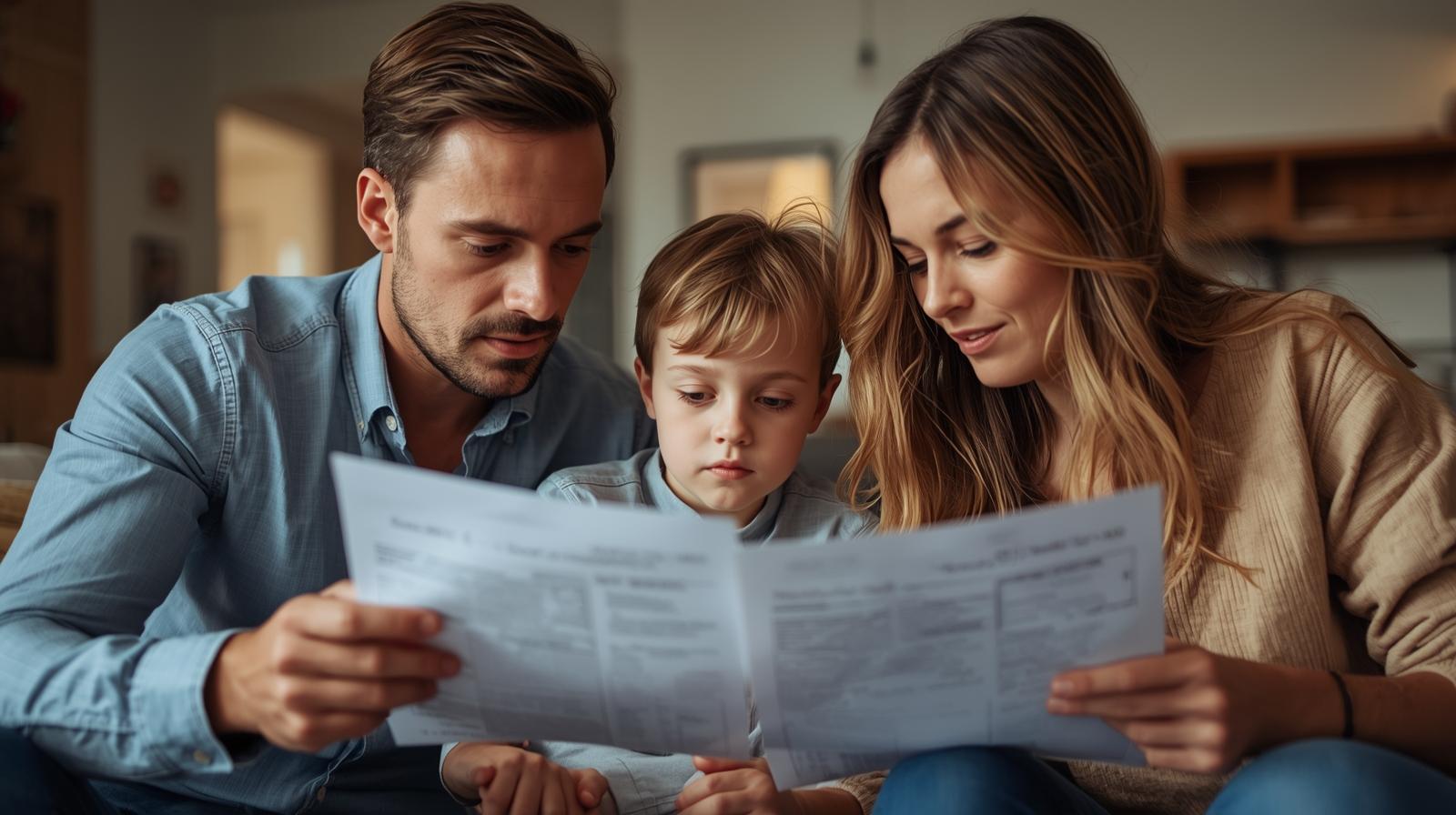First-Time Homebuyer? 7 Things You Need to Know Before You Start
Buying your first home is a big step—and a powerful one. At B’resheet, we believe every family deserves the chance to build wealth and stability through homeownership. But let’s be real: the process can feel overwhelming, especially for first-time homebuyers.
Whether you’re just dreaming of owning your first home or already saving for a down payment, this guide will walk you through 7 essential things every first-time homebuyer should know—so you can move forward with confidence and clarity.
Know What You Can Afford
Before you fall in love with a home, get a clear picture of your finances. That includes:
- Your monthly income
- Current debt
- Credit score
- Emergency savings
A common rule: your monthly mortgage payment should be no more than 30% of your gross income. Use a free calculator from https://www.hudexchange.info/incomecalculator/ or Investopedia to estimate.

Get Pre-Approved for a Mortgage
A pre-approval letter shows sellers you’re serious—and gives you a clear price range. It’s different from pre-qualification, which is just an estimate. Pre-approval requires:
- Proof of income
- Bank statements
- Credit check
Explore First-Time Homebuyer Programs
There are many programs that help first-time buyers, especially in underserved communities. These may offer:
- Down payment assistance
- Lower interest rates
- Forgivable loans
Start with HUD’s State-Specific Resources to see what’s available near you.
Budget for More Than the Down Payment
Many first-time buyers are surprised by the “hidden” costs of buying a home, such as:
- Closing costs (2–5% of the loan)
- Home inspection fees
- Moving costs
- Repairs
Having extra savings on hand can reduce stress and protect your investment.
Hire a Team You Trust
You don’t have to do this alone. You’ll want:
- A knowledgeable real estate agent (ideally one who understands your neighborhood and background)
- A trustworthy lender
- Possibly a home inspector and attorney

Think Long-Term, Not Just Right Now
Ask yourself:
- Will this home meet your needs in 5–10 years?
- Is it in a safe, growing neighborhood?
- Could it be resold or rented out later?
Remember, a home is also a wealth-building tool—not just a place to live.

Don’t Be Afraid to Ask Questions
This is likely one of the biggest purchases of your life. No question is too small. At B’resheet, we believe education is empowerment.
If you’re unsure, ask us. We offer workshops, one-on-one guidance, and resources to help you prepare with confidence.

Ready to take the next step?

FAQ: First-Time Homebuyers
Q1: How much should a first-time homebuyer save before buying?
A good starting goal is 10–15% of the home’s price to cover your down payment, closing costs, and moving expenses.
Q2: Should I buy a home or keep renting?
It depends on your stability, income, and goals. If you’re ready to stay in one place for a few years and can afford the costs, buying can build long-term wealth.
Q3: What is the first step to buying a house?
The best step is to check your credit and reach out to a Realtor. Realtors have preferred vendors that offer different grants and experiences. This could save them time. Then the next step is to talk with a lender about getting pre-approved. preapproved.
Q4: Are there special programs for low-income or first-time buyers?
Yes! Many states offer grants and assistance. Check HUD.gov and local nonprofits like B’resheet for resources in your area

